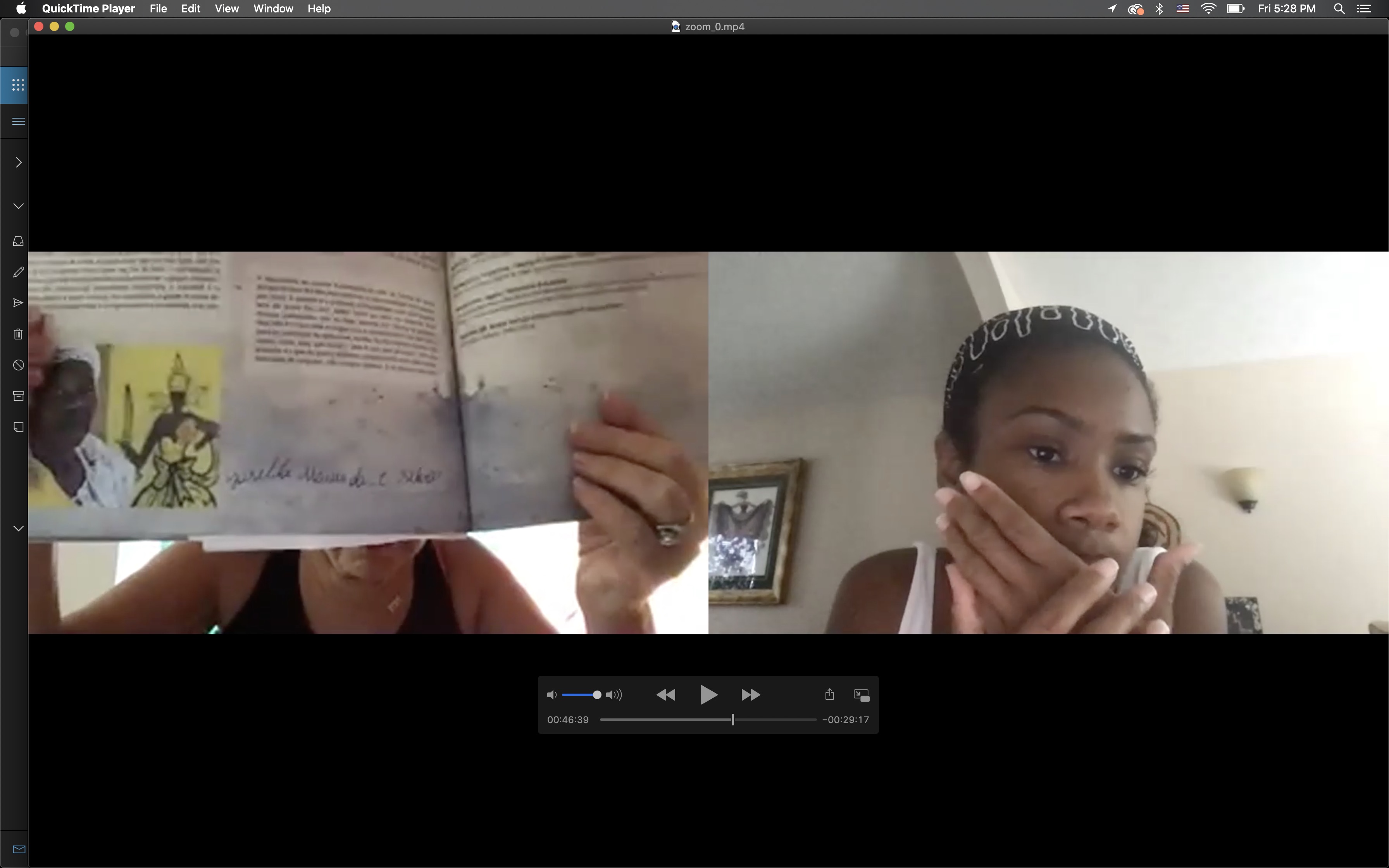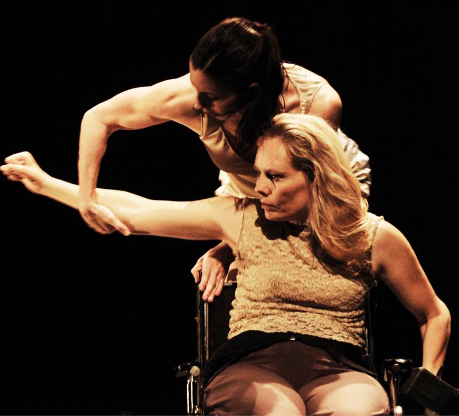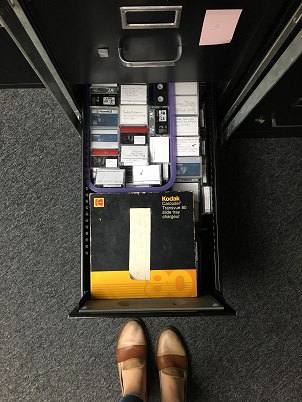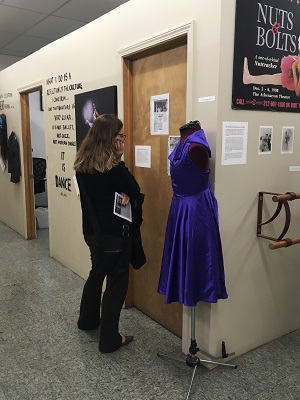Fellowships in Dance Archiving and Preservation Blog Posts
Dance/USA’s summer Fellowships in Dance Archiving and Preservation are offered to master’s degree students in library and information sciences. The goal of this program is to develop an engaged, passionate, and well-trained next generation of archivists in the dance field and to advance models for community-based archiving assistance to regional dance communities. Click here to read more about the fellowship program.
Each Fellow selected for the program is paired with a dance company or organization and works closely with them on the archiving, preservation, and dissemination of their records. The Fellows each write a series of blog posts documenting their time with the organization. Click here to read about the Fellows and their backgrounds.
Blog Posts:
“The experience challenged my thinking of what an archive is and how one can archive remotely.”
Read about Sasha’s experience transitioning to remote archiving, learning about Viver Brasil, educating the staff on archiving practices, and establishing an archival practice from afar.

Sasha Jelan (right) learning about Viver Brasil on a call with the founder, Linda Yudin (left)
“How can we ensure that physically integrated dance, disabilities, and all individualized embodied experiences be represented and not described under the ‘language of inspiration or heroism’?”
Read about Sarah’s experience working with AXIS Dance, conducting oral histories, writing a records management collection policy for AXIS to use as a reference guide, and learning about the history and practice of people-first language, disability culture, and accessible dance archiving.

Judith Smith, AXIS Founder and Artistic Director Emerita, with dancer Janet Das. Photo by Andrea Basile.
“Creating divisions and distinct categorizations for cultural traditions is more than just an organizational challenge; it quickly becomes a political issue.”
Read about Sumi’s experience working with World Arts West to develop an archival database that will support a web portal making available the rich archives of the San Francisco Ethnic Dance Festival.

Te Pura O Te Rahura’a, performing the Polynesian dance forms of Tahiti. Photo by RJ Muna.
“Perhaps one of the best perks about being an archivist is being able to read other people’s mail.”
Read Carolina’s series of blogs about updating the Ruth St. Denis Papers, attending the Society of American Archivists Conference, indexing the Audio/Visual materials of Lula Washington Dance Theatre, planning for the future of the LWDT archives, and more.

Carolina standing in front of a drawer of A/V materials, mostly MiniDVs.
“For dancers, the archive is a living, breathing thing—it is something with which they regularly engage.”
Read Daina’s series of blogs about curation and storytelling through archives, prompting audiences to think about the roles of archives in dance and in their own lives, and organizing vast digital collections.

A visitor to the exhibit Daina Coffey helped curate for Joel Hall Dancers Center
